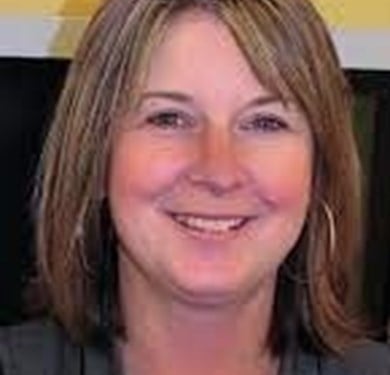New to teaching? Social media can be a great source of advice, resources, and ideas. It can also bring challenges and risks. Teachers, and trainees and ECTs in particular, need to carefully consider their use of social media in their personal and professional lives.
The majority of us are now at the very least aware of our digital footprint - ‘the information about a particular person that exists on the internet as a result of their online activity.’ It can be very easy to underestimate the power of social media when we are least expecting it. Accounts that we no longer use but that have yet to deactivate are a great source of amusement for students who might do an online search for you. What can students learn about you from your online presence? What will they show their friends, parents or your colleagues?
Some of the content you posted ten years ago may be very different to the content you would now consider posting. Remember that if it is still online and your Privacy Settings are open, anyone can access it. This leads us to consider your ‘Online Reputation.’


